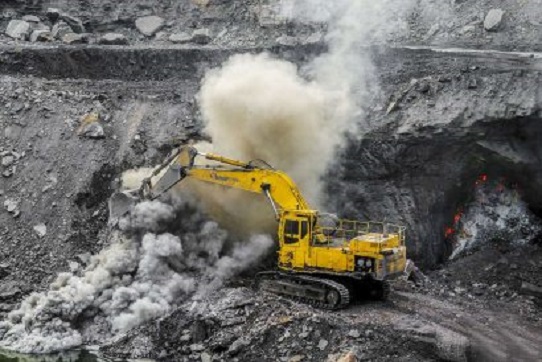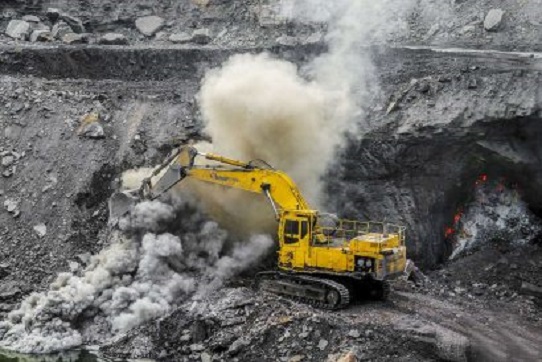
News | PBoC warns of defaults following climate stress test

Tripod Stories AB | Green Central Banking
A climate risk stress test of major Chinese banks has shown a growing risk of defaults on loans to high carbon sectors faced with rising emissions costs.
Writing in China Finance published by the People’s Bank of China’s (PBoC), vice-governor Liu Guiping warned of the potential for asset stranding and materialisation of other transition risks in industries that do not reduce their emissions, with associated impacts on the banks lending to them.
Conducted during the second half of last year, the study involved 21 commercial banks and two development banks. It focused only on the effects of increased emissions costs on asset quality and capital adequacy levels.
“The test results showed that if enterprises in the thermal power, steel and cement sectors do not carry out low-carbon transformation, their repayment capability will decline to various degrees under the different stress scenarios,” Liu said. He added that further tests would evaluate the exposure of banks to other high-emission industries.
Liu said that all participants in the stress-testing exercise satisfied regulatory requirements for capital adequacy ratios, because their lending to the energy, steel and cement sectors accounts for a relatively small percentage of their total loans.
China has piloted provincial and municipal emissions trading schemes for several years and launched a national emissions trading system last July. However the system currently covers only the power generation industry and the emissions allowances traded are not capped, resulting in low trading prices. Despite promises to do so, China has not yet introduced an explicit carbon tax.
In recent years the PBoC has introduced a range of new measures aimed at greening its monetary and financial policies, such as including green bonds and loans in its collateral framework and mandatory disclosure of climate-related financial risks. The central bank has also launched a targeted green lending facility and includes green bond holdings in its quarterly assessment of banks’ performance in green finance.
PBoC governor Yi Gang has said that China will require financial institutions to transition towards green finance as early as possible in support of national targets to begin reducing emissions by 2030 and reach carbon neutrality by 2060.
Author:Graham Caswell
Source:Green Central Banking



